Countries ‘have to cooperate’, says top Swiss diplomat

Valentin Zellweger, head of Switzerland’s mission to the UN in Geneva, is leaving at the end of July to take up a new post as Ambassador to Kenya. After four years in Geneva, how does he see the international stage there?
Press briefings organised by Zellweger before sessions of the UN Human Rights Council have always attracted many international as well as Swiss journalists, for he has a knack for outlining the international climate and fault lines around the Council’s agenda. Zellweger spoke to swissinfo.ch as he prepared to leave his Geneva post.
Having gained a PhD in public international law, Basel native Valentin ZellwegerExternal link joined the Swiss diplomatic service in 1993 at the age of 35. He started with an internship at the Swiss Agency for Development and Cooperation, and with the Swiss representation in Nairobi. He went on to hold a string of posts from Bern to New York, including a stint in The Hague from 2003 to 2007 heading the office of the International Criminal Court’s first president. From August 1, 2016, the father of two has been Permanent Representative of Switzerland to the United Nations Office and other international organisations in Geneva. External link
swissinfo.ch: How have you found your role as a Swiss diplomat during these four years in Geneva, which have seen significant international turmoil?
Valentin Zellweger: It is in Switzerland’s interests that the world continues to resolve its problems collectively, and the means for dialogue is multilateralism. The values spelled out in the United Nations Charter are also enshrined in the Swiss Federal Constitution and in the objectives of Switzerland’s foreign policy.
For a country like Switzerland — whose prosperity is founded on the respect of common rules and which has an economy strongly dependent on exports — the better our neighbours and the world are, the better Switzerland is.
The major challenges facing the world do not stop at the borders. It’s banal to say it, but countries have to cooperate.
Switzerland therefore has every interest in promoting this multilateral cooperation, which takes place notably in Geneva.
How are relations between the actors of International Geneva, including on the human level?
V.Z.: It is an ensemble of actors that is more and more integrated. They work towards the same objectives. You have, of course, the diplomats and administrative staff of the international organisations, but also the academics (EPFL, University of Geneva, The Graduate Institute) and representatives from the private sector.
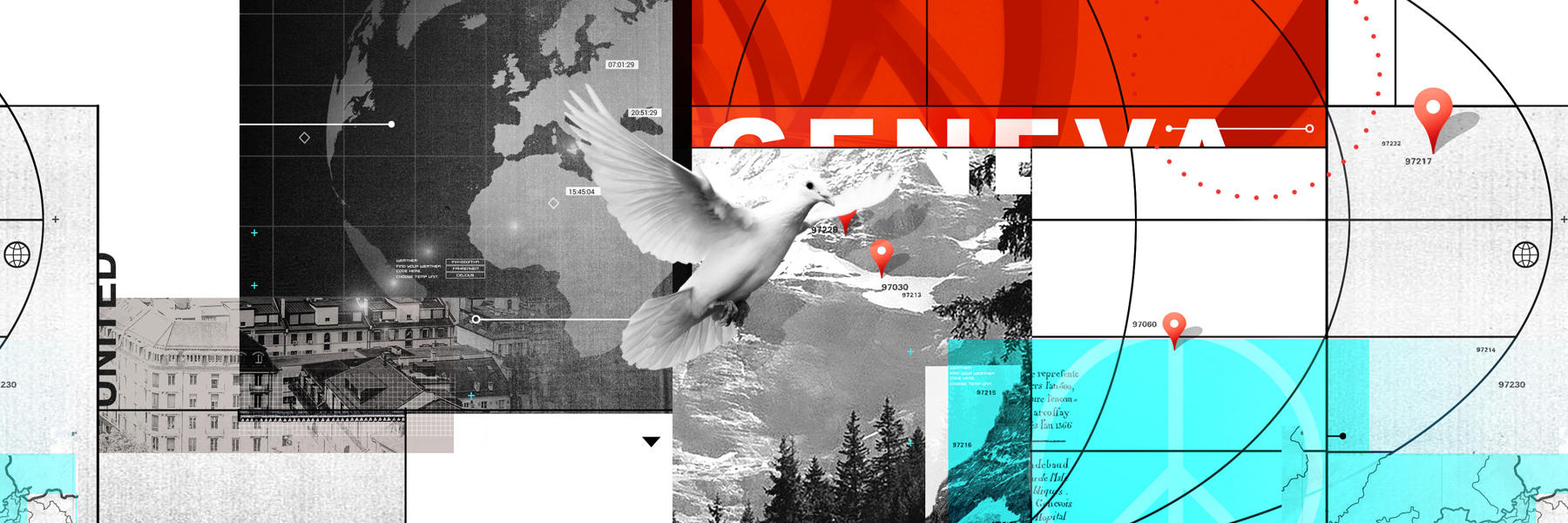
More
The changing face of International Geneva
This desire to cooperate across different sectors is what distinguishes International Geneva, and the growing habit of talking to each other outside immediate circles. In New York, where I have worked, there is the same diversity of players, but they do not interact like they do in Geneva.
It is one of the factors that will determine the future of International Geneva, because it is the ensemble of players that will resolve the problems we face.
Some criticise the socialising that goes with diplomatic life in Switzerland. But isn’t it essential for fostering integration between the different players of International Geneva?
V.Z.: We worked throughout the coronavirus crisis without the possibility of meeting physically. We only had contacts by telephone or video conference. It was no longer possible to have informal, confidential meetings. It was a serious obstacle to the smooth running of our diplomatic work.
When we are invited to receptions, to informal meetings, it always has a professional aim. I go with a list of questions and contacts, with precise objectives. These meetings are precious for my work, as I have again realised after three months of lockdown.
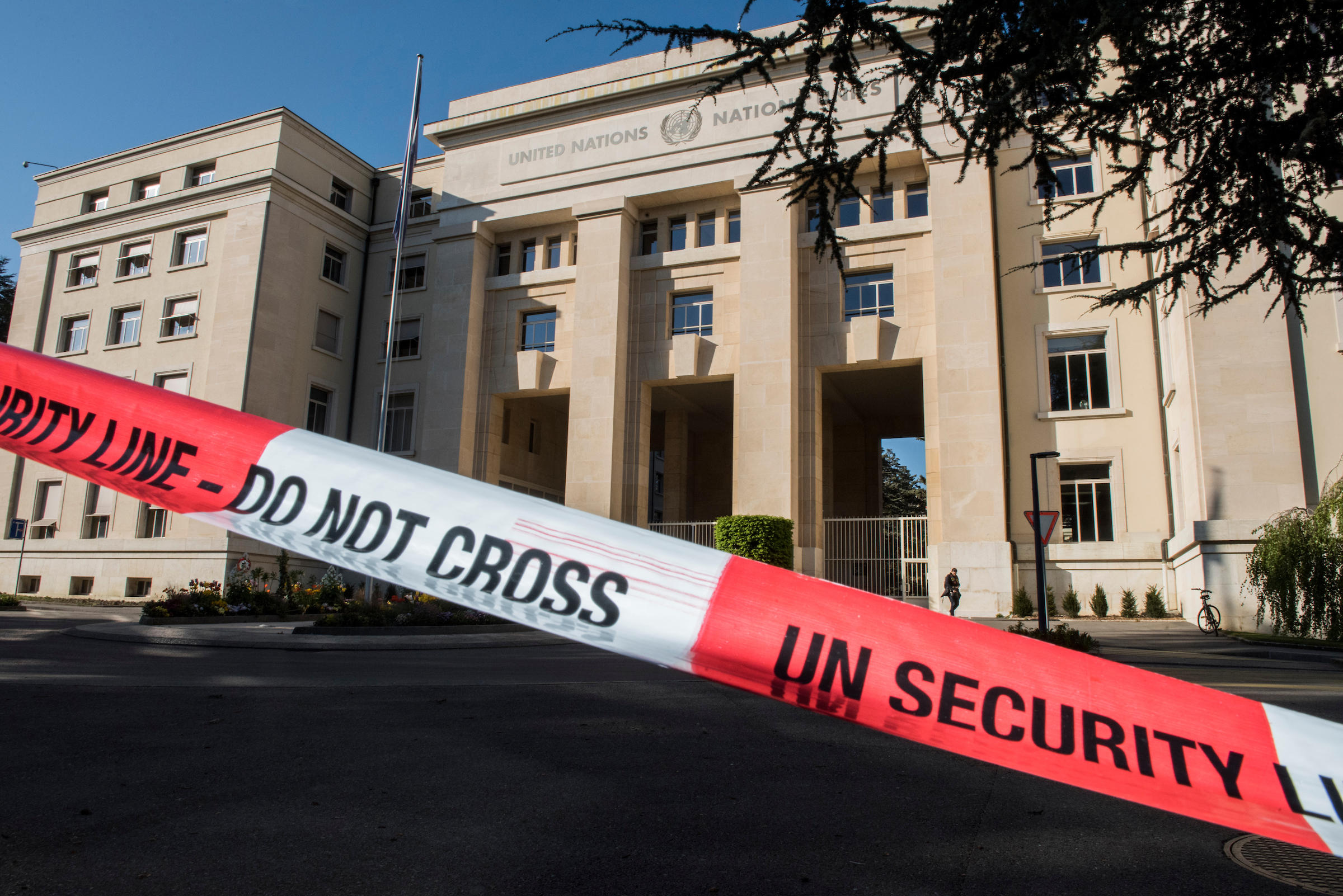
More
Geneva’s United Nations HQ a ghost town under lockdown
You are leaving Geneva for Nairobi, to be Swiss Ambassador to Kenya. What motivates you to return to this African capital where you began your diplomatic career?
V.Z.: There have been a lot of changes in the 25 years since I was in Nairobi for the first time. And there have been a lot of changes in our perceptions of Africa. Today we see this continent as a strong, important partner with a lot of potential. The average age in most countries of sub-Saharan Africa is around 20, the lowest average age on any continent.
In Nairobi, there are remarkably interesting developments occurring in the digital arena. Kenya is one of the nations that is very advanced in financial technology. I am going in a spirit of discovering an Africa with which we want to strengthen our ties, create partnerships and resolve an array of problems, such as the management of Covid-19 which has not so far impacted sub-Saharan Africa as it has other regions around the world.
In recent years, younger generations all over the world have mobilised to protest violence against women, environmental destruction or racism. Does the emergence of these issues present an opportunity for the UN?
V.Z.: I don’t think any of this is a revelation for the UN. This shows that the UN concentrates on the issues that are most important for human beings, whether it’s security, economic well-being or human rights. It is a trio of values that the UN has defended since its founding. All the movements that you mention — to which I would add the question of social justice — show that the UN is asking the right questions and defending the right values. In fact, these movements reinforce the actions of the UN.
It is here in Geneva that one finds the forum where all the States of the world and civil society can discuss and develop the means to make the protection of human beings possible.
Valentin Zellweger, Swiss diplomat
Have you noticed that these demands expressed in the street have had an impact on debates at the UN in Geneva, in particular at the Human Rights Council?
V.Z.: Take the fight against racism. The Human Rights Council quickly held an urgent debate on the issue and adopted an ad hoc resolution. UN organisations follow not only the pulse of the news, but also know how to react to it, especially during these times of a global pandemic when the issues at stake are even more important.
All the themes that you have raised are at the heart of the debates in the Human Rights Council. It is here in Geneva that one finds the forum where all the States of the world and civil society can discuss and develop the means to make the protection of human beings possible.
When you tackle the issue of climate change and the environment from a human rights perspective, you are putting all human beings at the centre of the debate. It is about evaluating what the implications are for individuals and knowing how they can protect themselves from the effects of environmental change, whether it’s in relation to food security, health, or economic well-being, for example. The discussion develops around how citizens can react and overcome the dangers.
Translated from French

In compliance with the JTI standards
More: SWI swissinfo.ch certified by the Journalism Trust Initiative









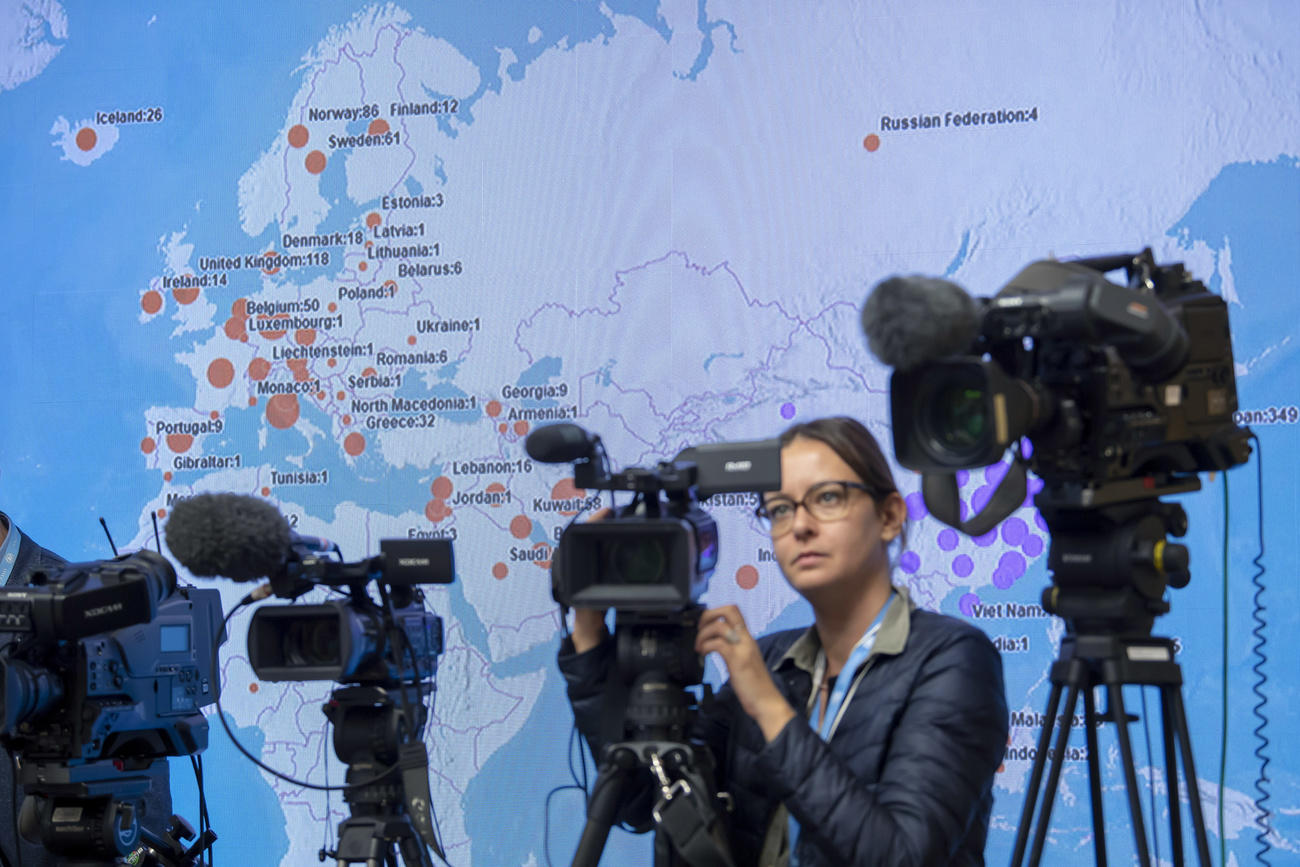
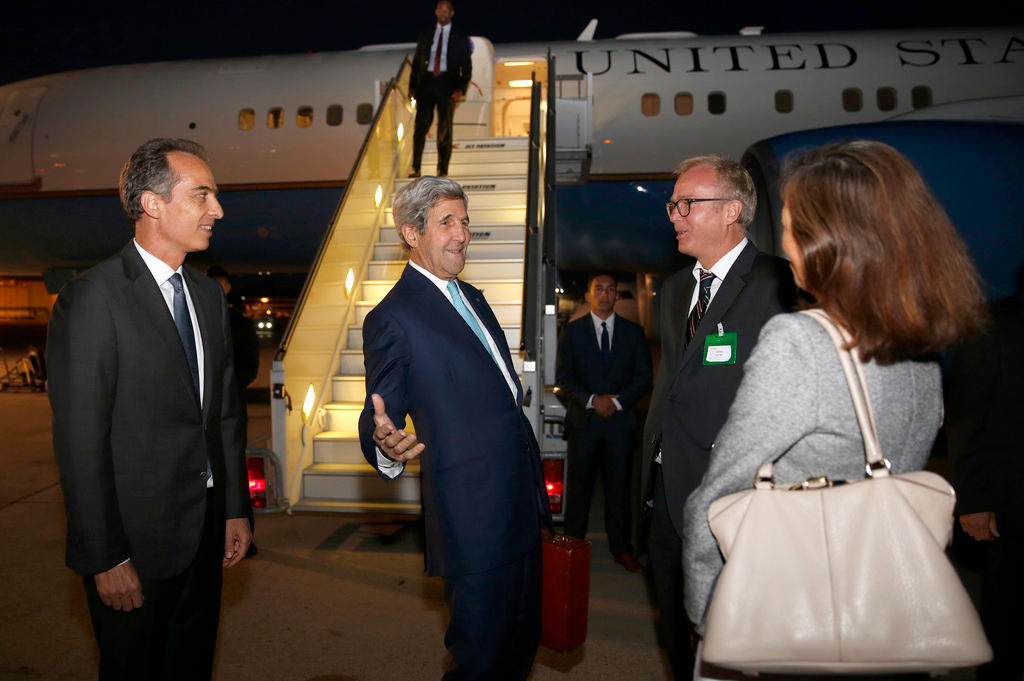

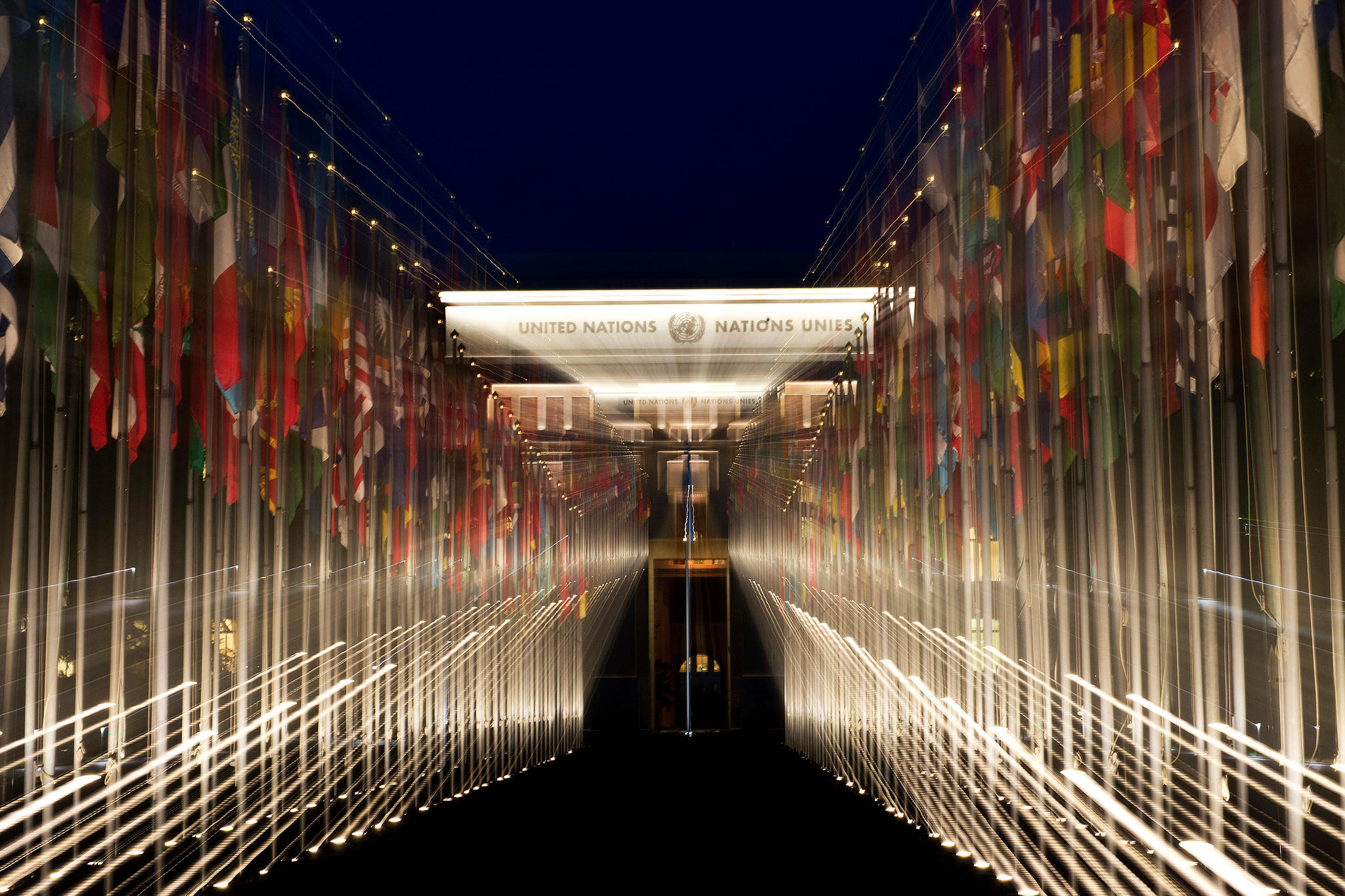
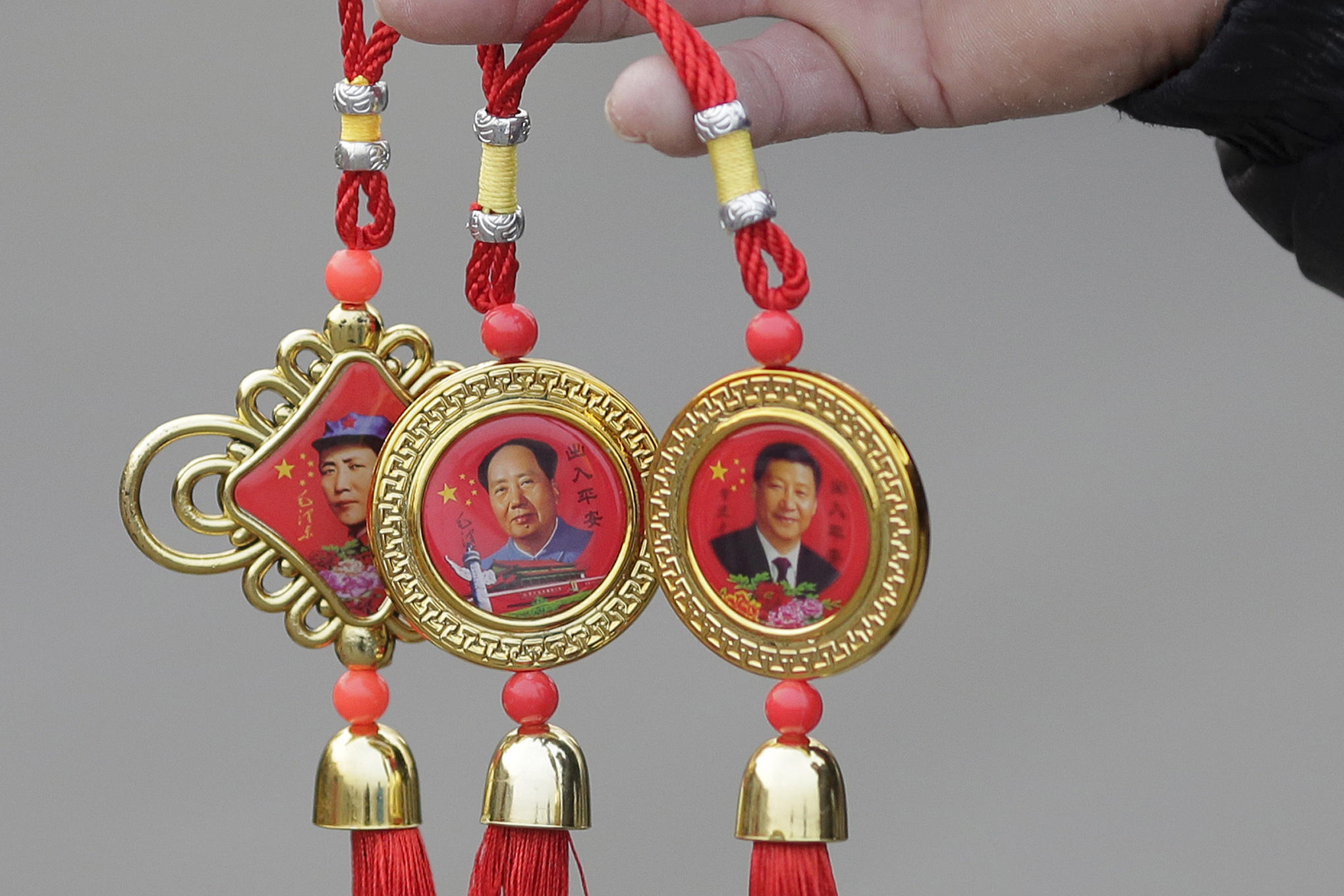
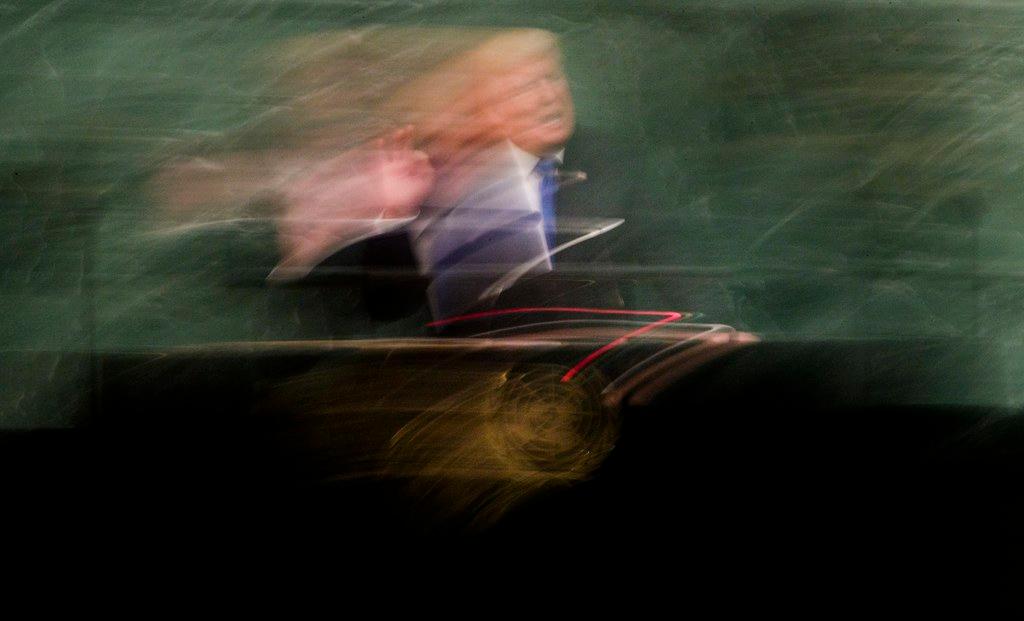
You can find an overview of ongoing debates with our journalists here . Please join us!
If you want to start a conversation about a topic raised in this article or want to report factual errors, email us at english@swissinfo.ch.